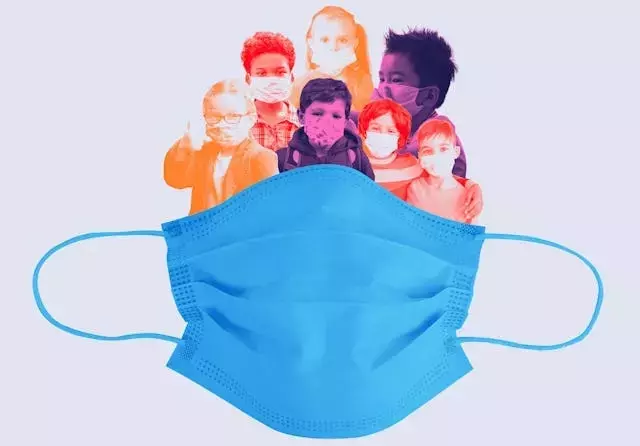
The abrupt shift to remote learning during the COVID-19 pandemic profoundly impacted the educational journey of young children, particularly those entering kindergarten. What was once a vibrant introduction to structured learning environments became an isolated experience, with classrooms replaced by computer screens. This generation, often referred to as 'COVID kindergarteners,' faced unprecedented challenges, missing crucial in-person interactions and foundational academic instruction during a pivotal developmental stage. Reports from various sources, including congressional records, indicated a significant portion of students, even into 2021, were still learning remotely, highlighting the widespread nature of this disruption and the subsequent concerns about children's academic, social, and emotional progress.
Educators and experts alike have observed noticeable setbacks in this cohort's development. Academic skills such as handwriting, math problem-solving, critical thinking, and reading comprehension were particularly affected, as screen-based learning offered limited opportunities for traditional practice. Beyond academics, the pandemic also created a clear void in social and emotional development. Many children missed the fundamental experience of learning classroom routines, such as lining up or raising a hand, making their eventual return to in-person schooling more challenging. While some schools and families, especially those with ample resources, managed to mitigate these challenges through hybrid models or dedicated home support, the overall consensus points to a significant period of catch-up for many students.
As these children now prepare for middle school, the question of their readiness remains nuanced. While some educators report that their students have largely overcome earlier deficits, particularly in environments with strong parental involvement and access to supplementary resources, others, especially in less privileged settings, continue to see students struggling academically. This disparity has exacerbated an existing achievement gap, with students from supported backgrounds recovering more quickly than those without. The ongoing need for intervention and support is clear, emphasizing the importance of utilizing accessible resources like local libraries and prioritizing reading and homework to help all children regain lost ground and thrive.
The resilience of children, coupled with the dedication of educators and supportive family environments, serves as a testament to the human spirit's ability to adapt and overcome adversity. While the pandemic undoubtedly presented significant educational hurdles, it also highlighted the critical role of community, resources, and persistent effort in fostering learning and development. Moving forward, it is imperative to continue investing in accessible educational support and fostering environments that nurture every child's potential, ensuring that the challenges of the past do not define the future for these young learners.
